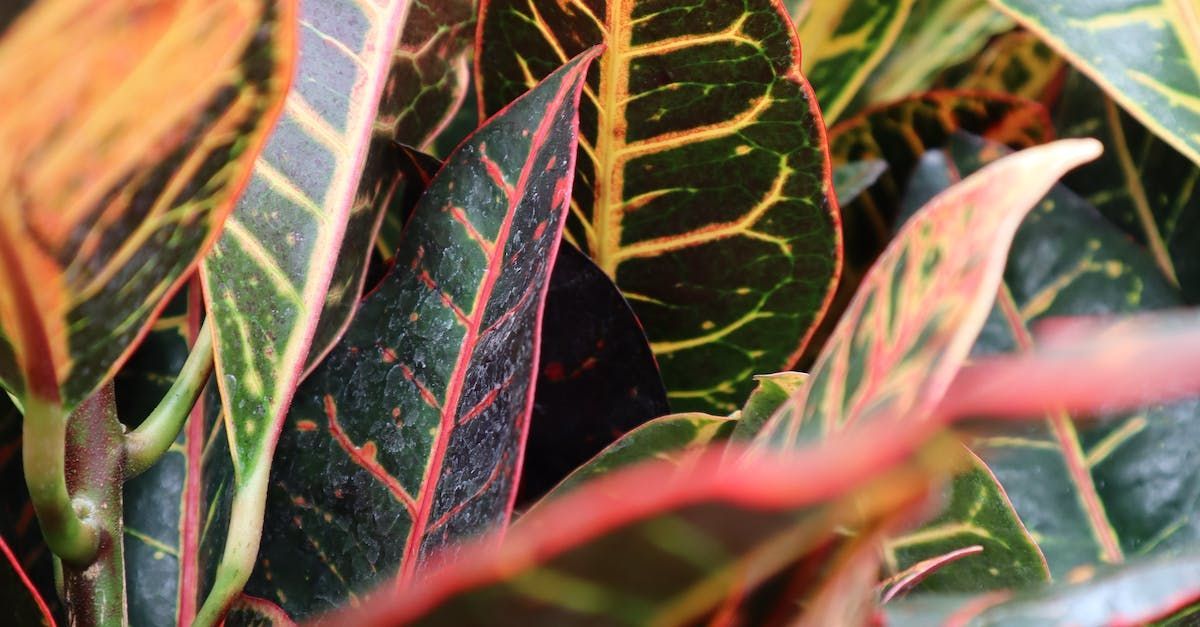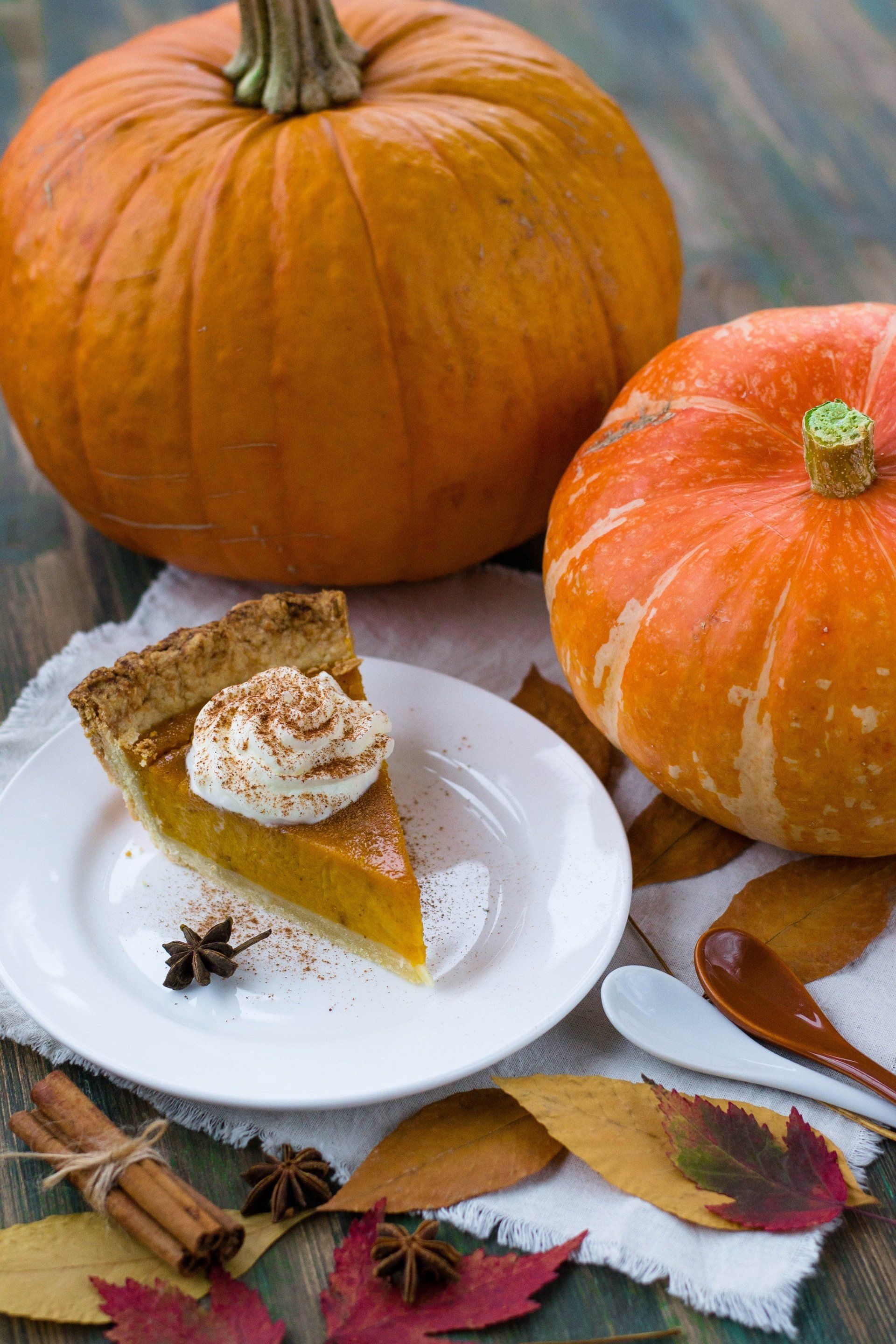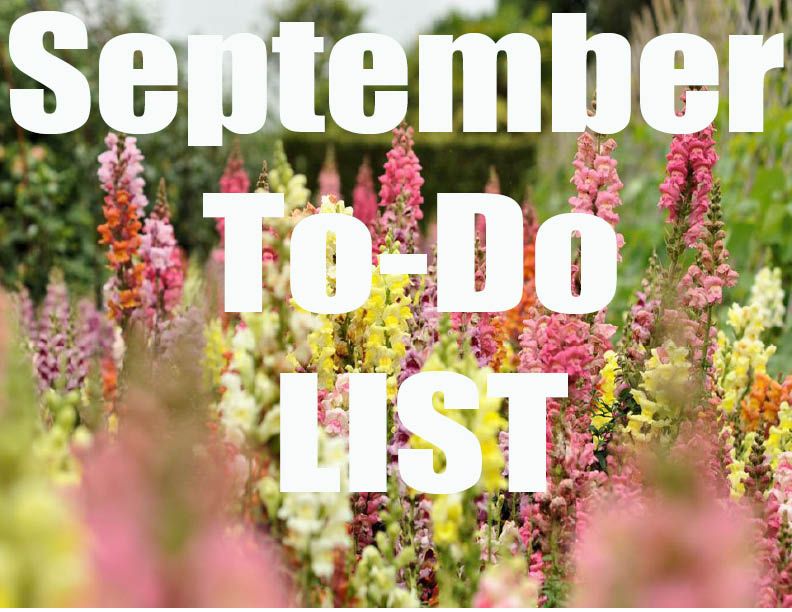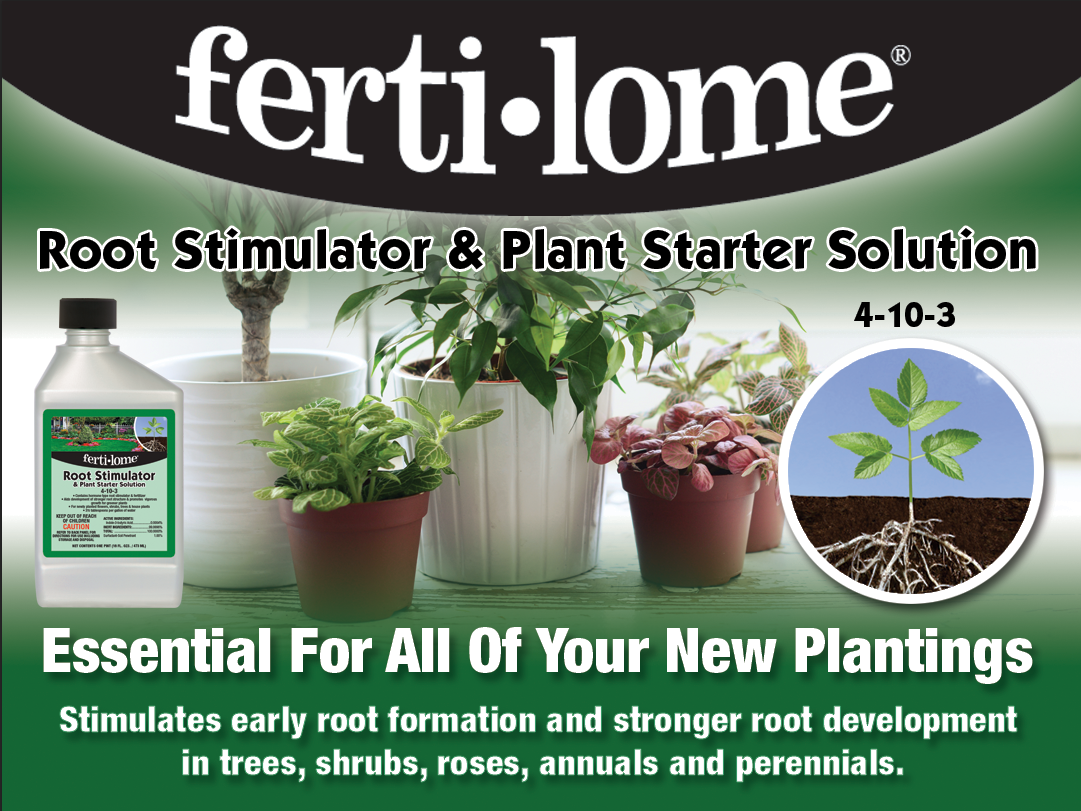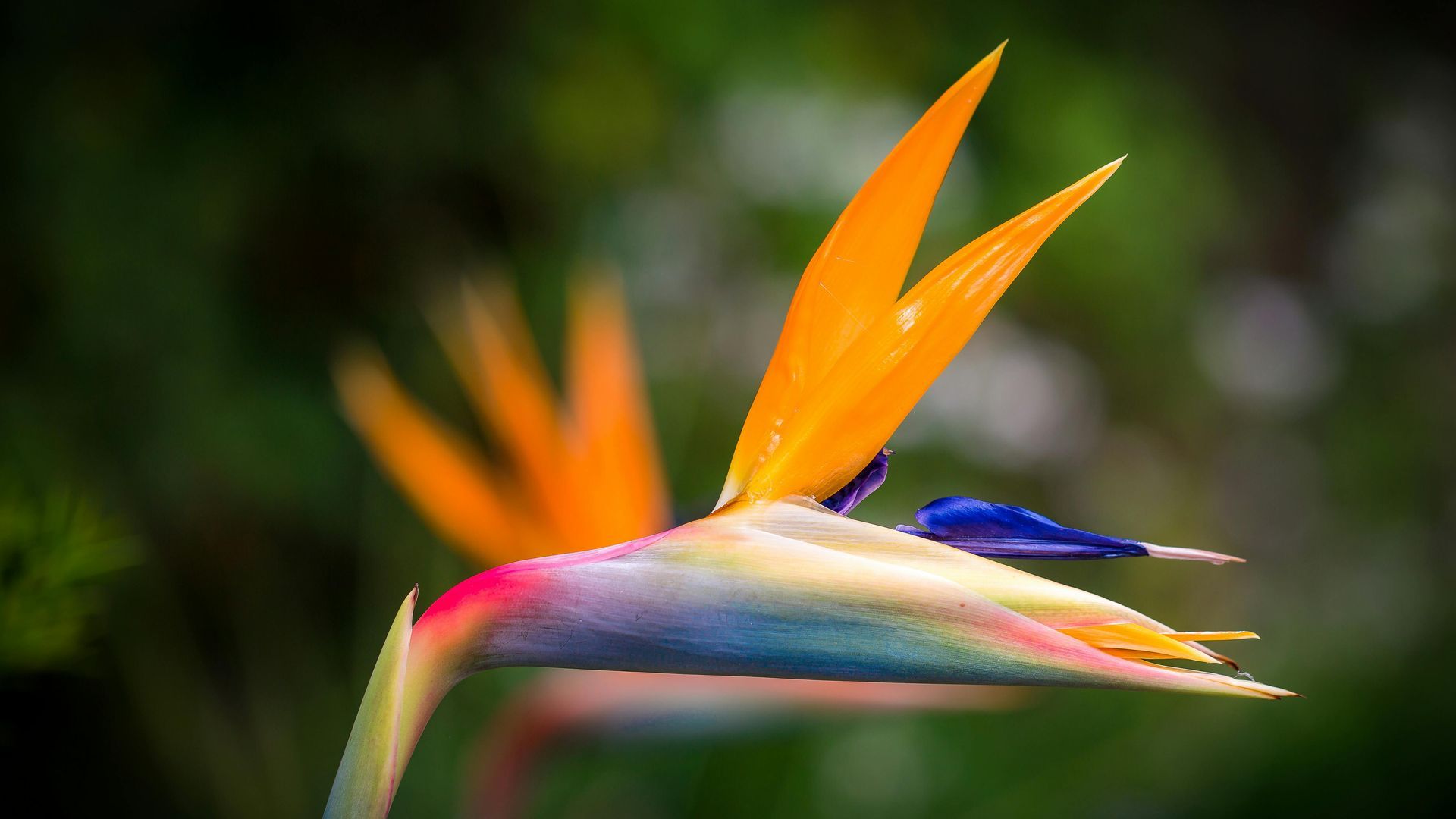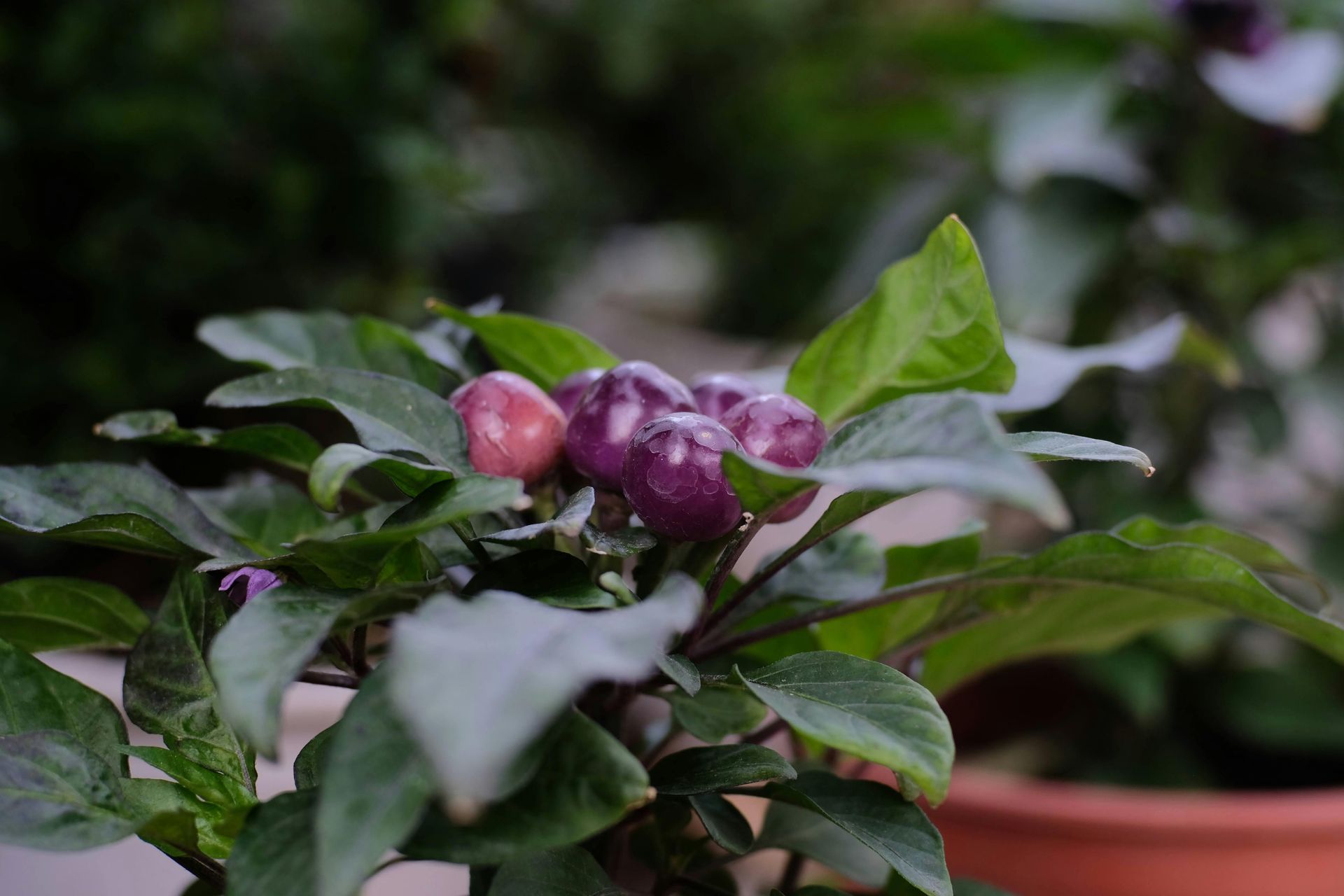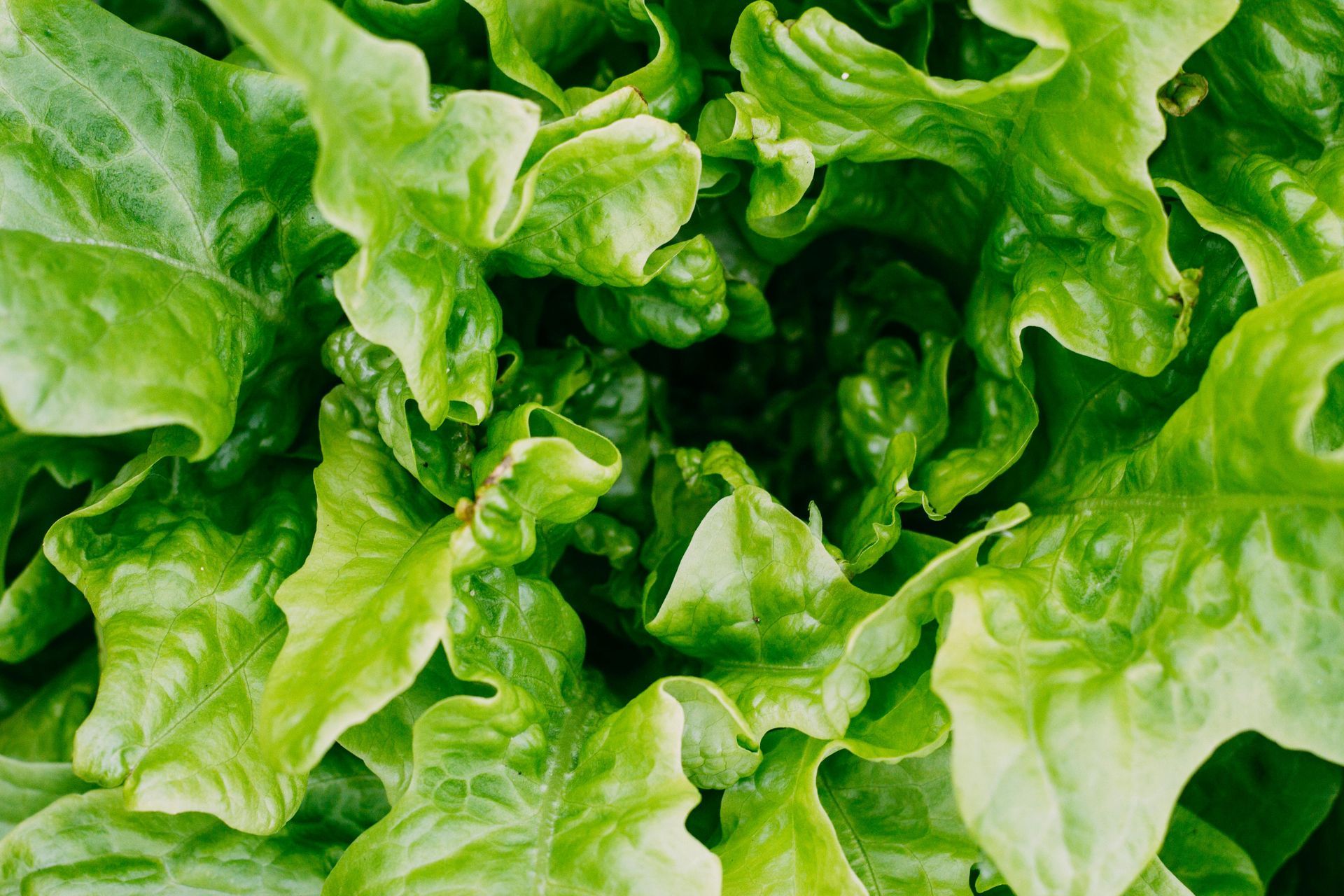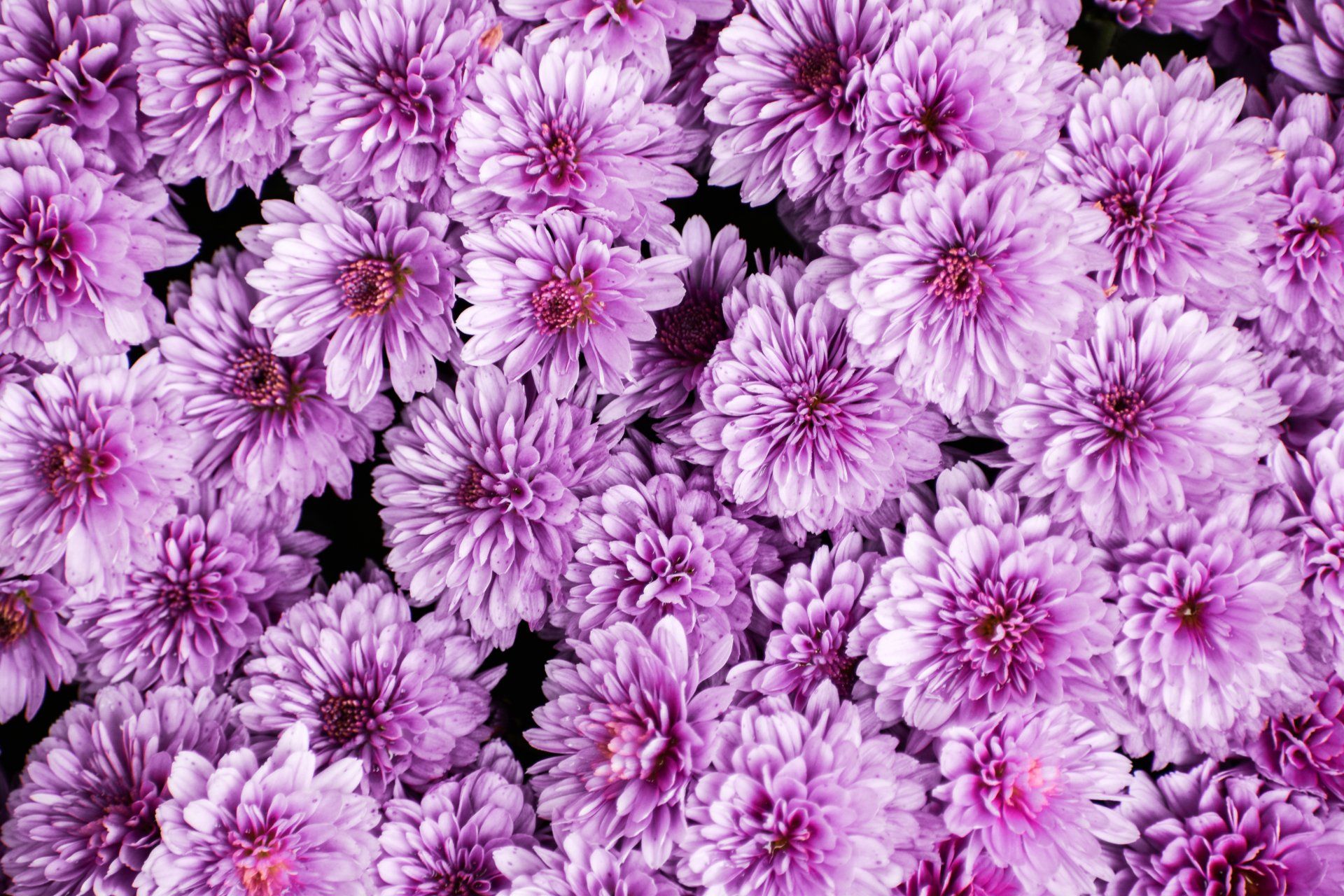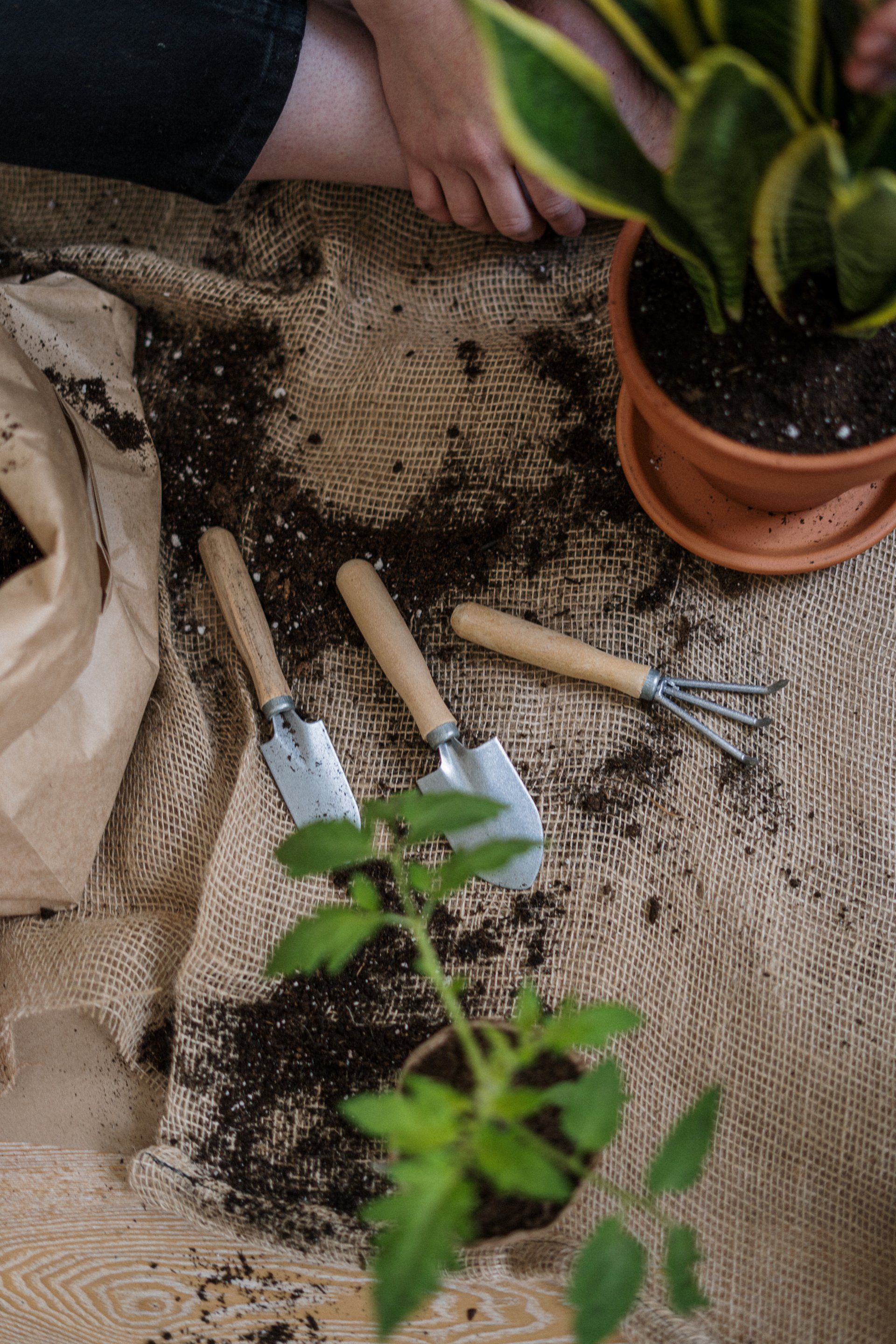The Power of Pollination
Spending time in the garden often involves shooing away bees, but have you ever stopped to think about the benefits that these and other garden pollinators provide to our environment?
Think back to elementary or middle school. You probably learned that a pollinator helps carry pollen from the male part of the flower to the female part of that or other flowers. Although some plants and flowers do not need insects or animals to aid in pollination, many do. Some common pollinators are bees, wasps, moths, butterflies, birds, flies and small mammals like bats.
Why is this important to us? According to the National Park Service, one out of every three bites of food you eat only exists because of these pollinators. These foods include fruits, vegetables, and seeds. Even the air we breathe is affected by pollination. Look around you. Those plants you see help to clean the air, supply oxygen, and feed wildlife. When you think of these things, it really puts the importance of pollinators into perspective.
What can you do to help your friendly neighborhood pollinators? Here are some great tips from The National Park Service. Although these things may seem small, they are a BIG help to birds, bees and other helpful creatures.
Plant native flowers that bloom at different times. Also, planting flowers of different sizes and colors in clumps as opposed to scattering them in your landscaping is beneficial to pollinators by making it easier for them to locate their lunch.
Give your pollinators a drink! A shallow dish of water placed on your deck or patio will help pollinators stay hydrated. Don't forget to partially submerge stones or rocks in the container so they have somewhere to rest while drinking. Otherwise they may drown.
Did you know that many plants that are called weeds are actually useful to pollinators? So you can take a break from pulling some of those weeds.
Limit pesticides. Before using a pesticide, ask yourself: Are flowers in bloom or are pollinators active during the pesticide application? Are there alternatives? We carry organic solutions to many gardening issues. Remember, pollinators can be harmed if they consume nectar or pollen that has come into contact with pesticides. Alternatively, you can help reduce the risk of exposure by applying pesticides at night when bees and other pollinators are not active.
Nesting and sheltering sites are always appreciated! Remember that different types of pollinators require different things. Some bees and pollinating beetles may use downed tree limbs and logs; many butterflies lay eggs and rear their young on host plants; a small patch of bare ground might serve ground-nesting bees. Potential nesting sites include trees (both living and dead), shrubs, brush piles, bare ground, and bee boxes.
Click here to read our blog about building a Sacturary for pollinators in your backyard!
